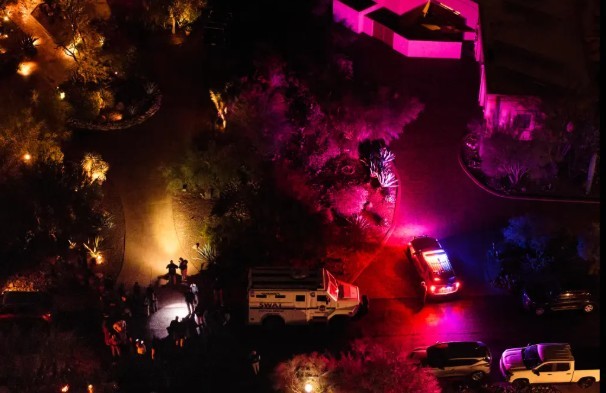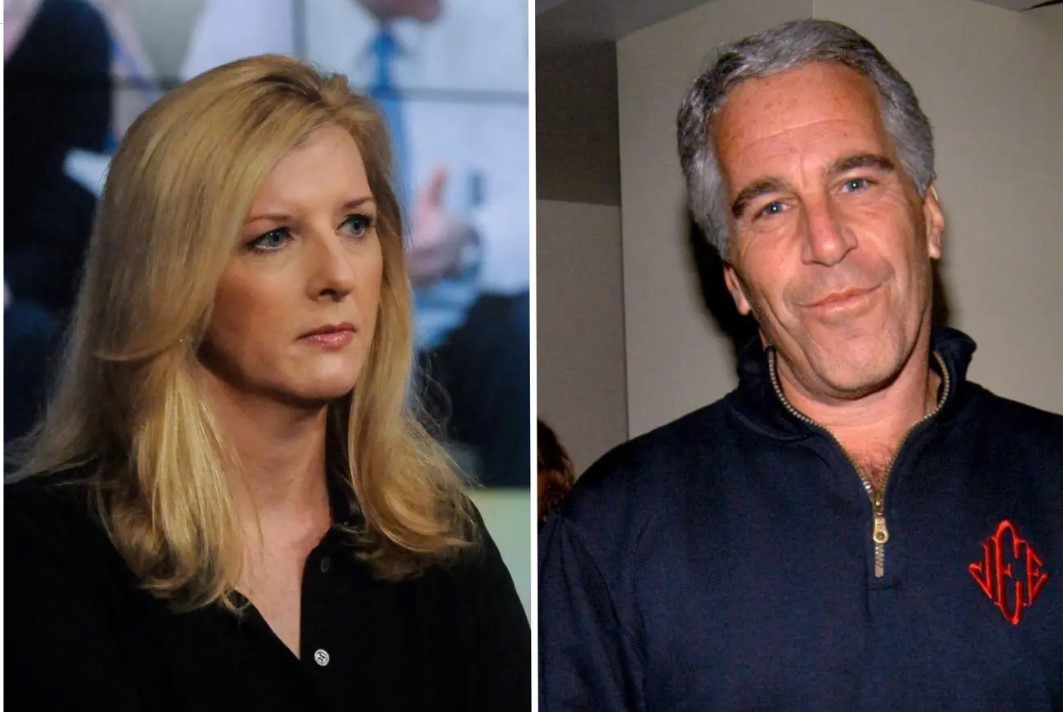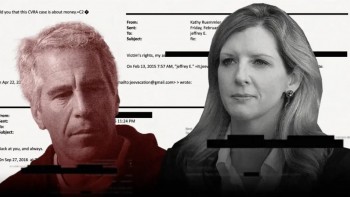New Zealand’s National Anthems: Full Lyrics of Māori, English Versions, History
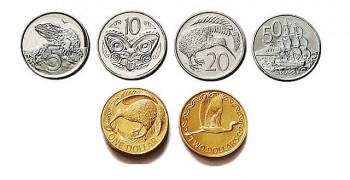 Who Are On New Zealand’s Money Of All Time Who Are On New Zealand’s Money Of All Time |
 Top 10 Best Hospitals in New Zealand 2023 for Citizens and Visitors Top 10 Best Hospitals in New Zealand 2023 for Citizens and Visitors |
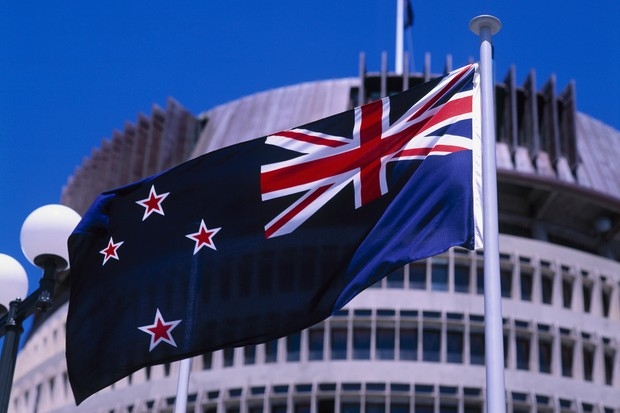 |
| Photo BBC Music Magazine |
Both were inspired by patriotism, yet written in very different circumstances.
God Defend New Zealand
God Defend New Zealand, Maori Aotearoa, one of the two national anthems of New Zealand (the other being God Save the Queen, national anthem of the United Kingdom).
Thomas Bracken, who also offered a reward of £10 for the finest musical setting of his lyrics, wrote the anthem in the early 1870s. The winning tune was written by composer John J. Woods, and the resulting hymn had its debut performance in 1876. God Save the Queen had long been the official anthem of New Zealand, but in 1940 the government designated God Save New Zealand to be the national hymn or unofficial song and bought the copyright to the hymn. However, God Defend New Zealand was officially recognized as the country's second national anthem alongside God Save the Queen in 1977.
| Despite the fact that some people have said it sounds too much like a hymn, "God defend New Zealand" has managed to survive the test of time. No viable alternative has been proposed by its detractors. Jim Anderton's advocacy for the alternative phrase "Pokarekare ana" failed to gain traction. Although songs like Dave Dobbyn's "Loyal" have been pushed as potential replacements, thus far there has been nothing that truly stands out as the definitive anthem. It's possible that we'll be muttering "God defend New Zealand" for a long time to come. |
Māori Lyrics of God Defend New Zealand
E Ihowā Atua,
O ngā iwi mātou rā
Āta whakarangona;
Me aroha noa
Kia hua ko te pai;
Kia tau tō atawhai;
Manaakitia mai
Aotearoa
*
Ōna mano tāngata
Kiri whero, kiri mā,
Iwi Māori, Pākehā,
Rūpeke katoa,
Nei ka tono ko ngā hē
Māu e whakaahu kē,
Kia ora mārire
Aotearoa
*
Tōna mana kia tū!
Tōna kaha kia ū;
Tōna rongo hei pakū
Ki te ao katoa
Aua rawa ngā whawhai
Ngā tutū e tata mai;
Kia tupu nui ai
Aotearoa
*
Waiho tona takiwā
Ko te ao mārama;
Kia whiti tōna rā
Taiāwhio noa.
Ko te hae me te ngangau
Meinga kia kore kau;
Waiho i te rongo mau
Aotearoa
*
Tōna pai me toitū
Tika rawa, pono pū;
Tōna noho, tāna tū;
Iwi nō Ihowā.
Kaua mōna whakamā;
Kia hau te ingoa;
Kia tū hei tauira;
Aotearoa
English lyrics of God Defend New Zealand
God of nations at Thy feet
In the bonds of love we meet,
Hear our voices, we entreat,
God defend our free land.
Guard Pacific’s triple star
From the shafts of strife and war,
Make her praises heard afar,
God defend New Zealand.
Men of every creed and race
Gather here before Thy face,
Asking thee to bless this place,
God defend our free land.
From dissension, envy, hate,
And corruption guard our state,
Make our country good and great,
God defend New Zealand.
Peace, not war, shall be our boast,
But, should foes assail our coast,
Make us then a mighty host,
God defend our free land.
Lord of battles in Thy might,
Put our enemies to flight,
Let our cause be just and right,
God defend New Zealand.
Let our love for Thee increase,
May Thy blessings never cease,
Give us plenty, give us peace,
God defend our free land.
From dishonour and from shame
Guard our country’s spotless name,
Crown her with immortal fame,
God defend New Zealand.
May our mountains ever be
Freedom’s ramparts on the sea,
Make us faithful unto Thee,
God defend our free land.
Guide her in the nation’s van,
Preaching love and truth to man,
Working out Thy glorious plan,
God defend New Zealand.
God Save the Queen
The British national anthem and royal march "God Save the Queen" is also known as "God Save the King" when the monarchy is in the hands of a king. It's unclear where the lyrics and music came from. John Bull (c. 1562–1628), Thomas Ravenscroft (c. 1583–c. 1633), Henry Purcell (c. 1639–95), and Henry Carey are only a few of the many people who have been suggested as possible authors (c. 1687–1743). The text first appeared in Gentleman's Magazine in 1745, and the song appeared about the same time in an anthology called Thesaurus Musicus, both without credit. The following year, George Frideric Handel included it in his Occasional Oratorio, which addressed the struggles of the Jacobite Rising of '45, and the same year, "God Save the King" was played in two London theaters, including the Drury Lane. After that, many composers – most notably Ludwig van Beethoven, who used it seven times with different versions – included it in works that referenced Britain.
| From Great Britain the melody passed to continental Europe, becoming especially popular in Germany and Scandinavia, with a variety of different lyrics. Later, in the United States, Samuel F. Smith (1808–95) wrote “My Country ’Tis of Thee” (1832), to be sung to the British tune; it became a semiofficial anthem for the nation, second in popularity only to “The Star-Spangled Banner.” |
God Save the Queen-English lyrics
God save our gracious Queen,
Long live our noble Queen,
God save the Queen:
Send her victorious,
Happy and glorious,
Long to reign over us:
God save the Queen.
O Lord our God arise,
Scatter her enemies,
And make them fall:
Confound their politics,
Frustrate their knavish tricks,
On Thee our hopes we fix:
God save us all.
Thy choicest gifts in store,
On her be pleased to pour;
Long may she reign:
May she defend our laws,
And ever give us cause
To sing with heart and voice
God save the Queen.
When is Waitangi day?
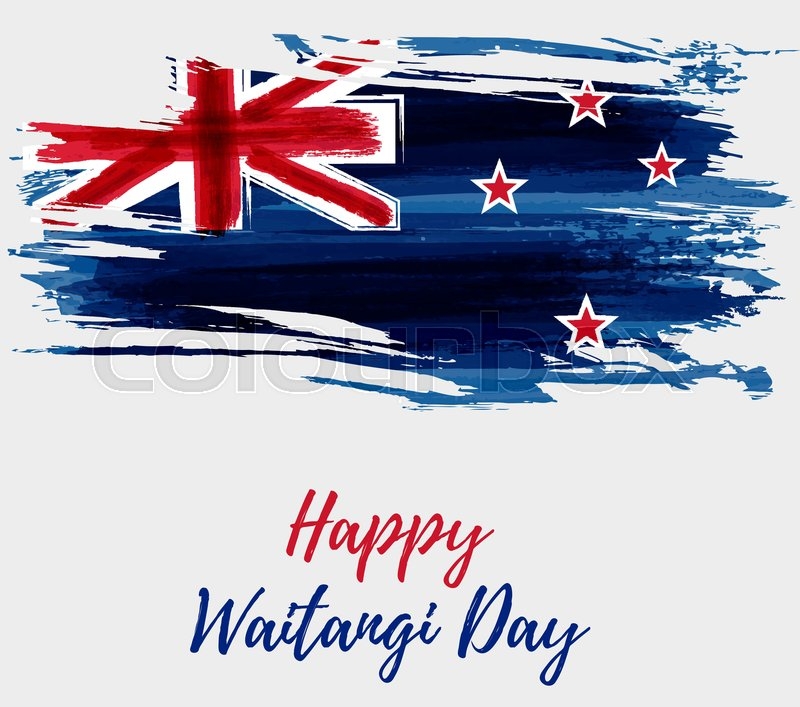 |
| Photo Colourbox |
Waitangi Day is New Zealand's national day. It is a holiday held annually on February 6th to commemorate the signing of the Treaty of Waitangi - New Zealand's founding document - on February 6th 1840.
Since the change in the Holiday Act in January 2014, if Waitangi Day falls on a weekend, the following Monday will be observed as a holiday.
History of Waitangi Day
The Treaty established British rule over New Zealand, provided Maori people legal protections for their land, and declared them equal citizens of the United Kingdom.
The treaty was signed between a delegation of Maori leaders and the British government, led by Lieutenant-Governor Hobson, in the Bay of Islands town of Waitangi.
Ngpuhi, the largest Mori iwi (tribe), hosted over 10,000 Mori at their marae (meeting place) in Te Tii in February 1840 to discuss the accord. Over 40 Mori rangatira (chiefs) and officials of the British Crown signed Te Tiriti o Waitangi on February 6 on the Waitangi grounds, in front of British Government Representative James Busby's residence (now known as Treaty House).
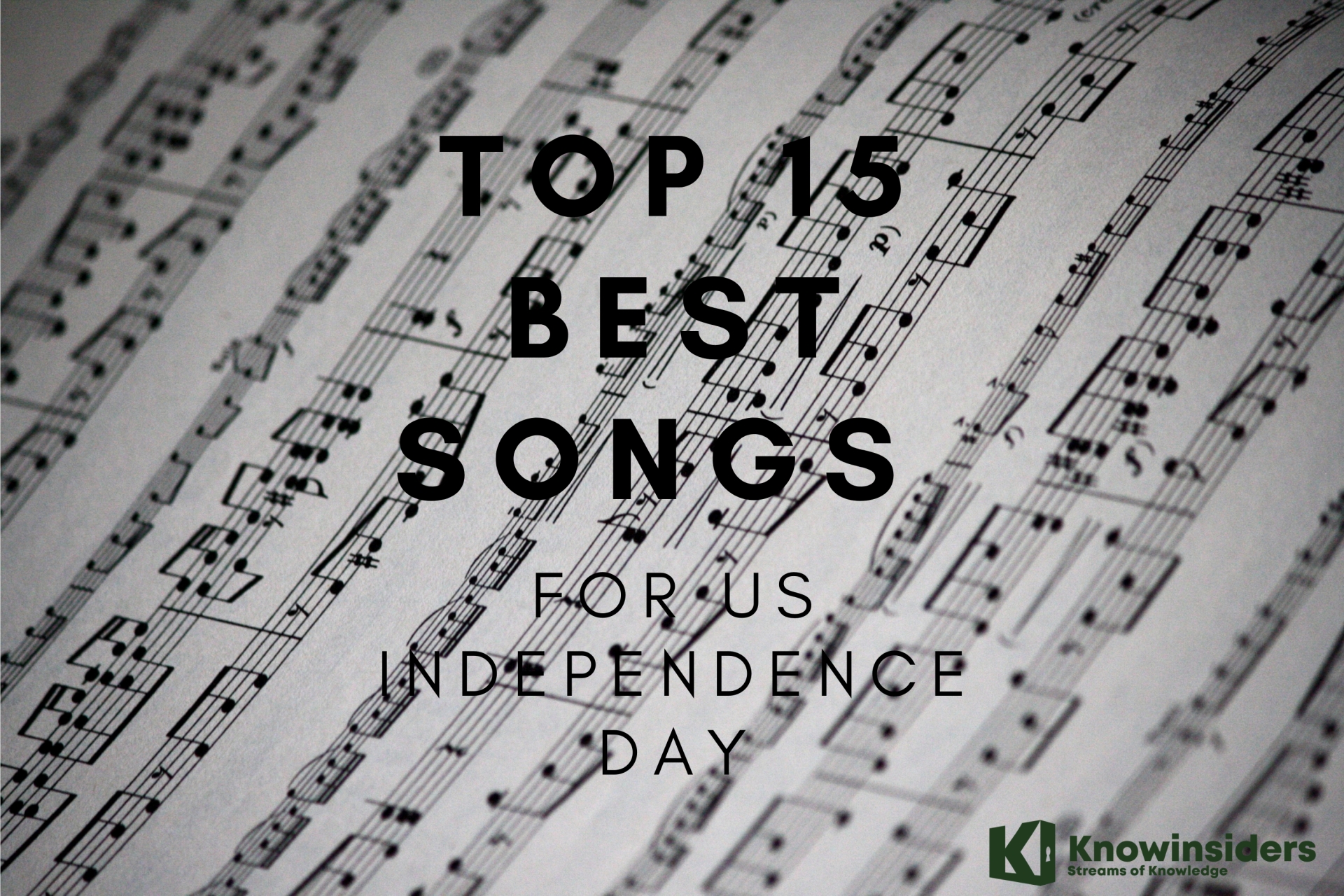 Top 15 Best Songs For US Independence Day (July 4) Top 15 Best Songs For US Independence Day (July 4) What songs to listen to on July 4? Don't forget to make a playlist of all the best ... |
 Top 45 Best Soundtracks Over The Past Ten Years Top 45 Best Soundtracks Over The Past Ten Years It's been quite a decade for cinema and the movie soundtracks to match have been epic. Check out KnowInsiders' the top 45 Best Soundtracks Over ... |
 Top 18 Best Feminism Anthems To Boost Women's Confidence Top 18 Best Feminism Anthems To Boost Women's Confidence As a woman's role has been increasingly important in every aspect of life from politics, economics to social lifestyle among others and music is not ... |







